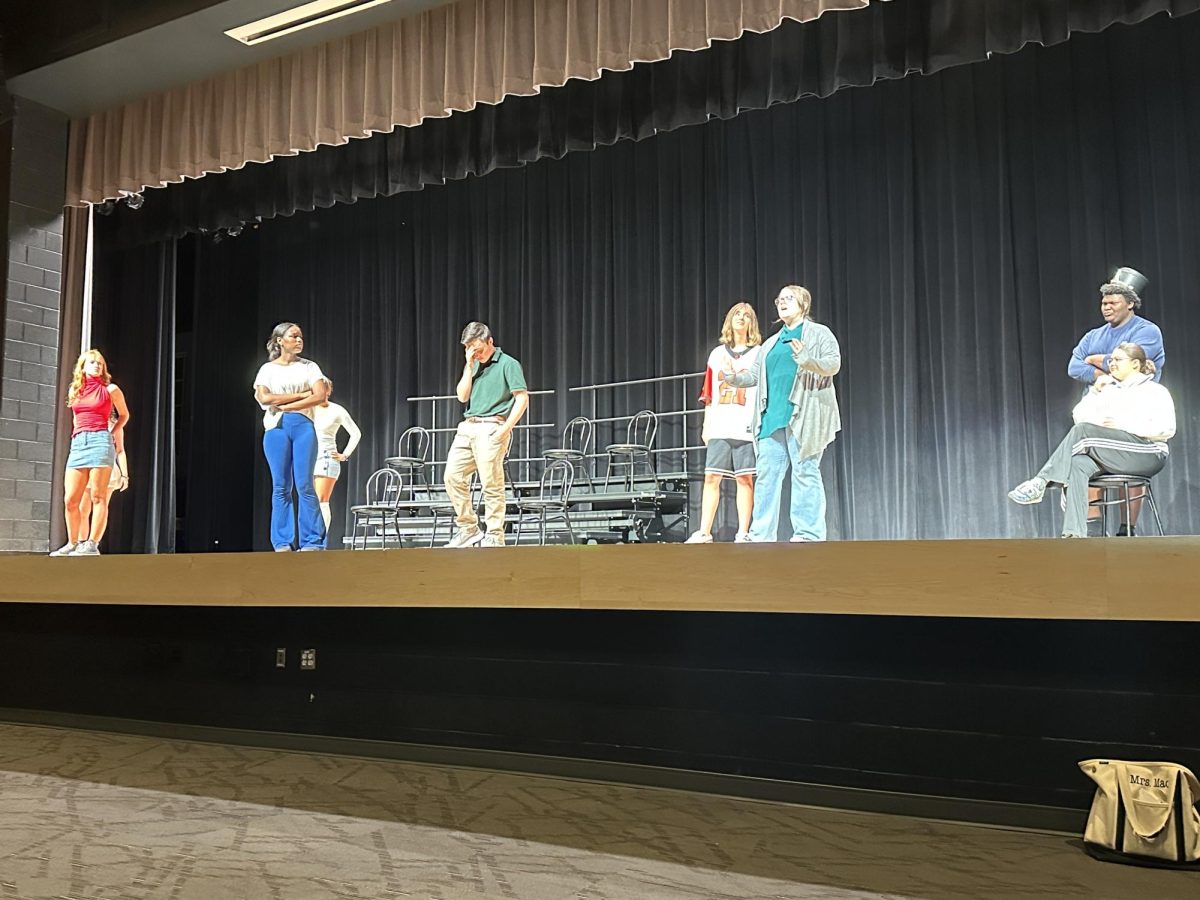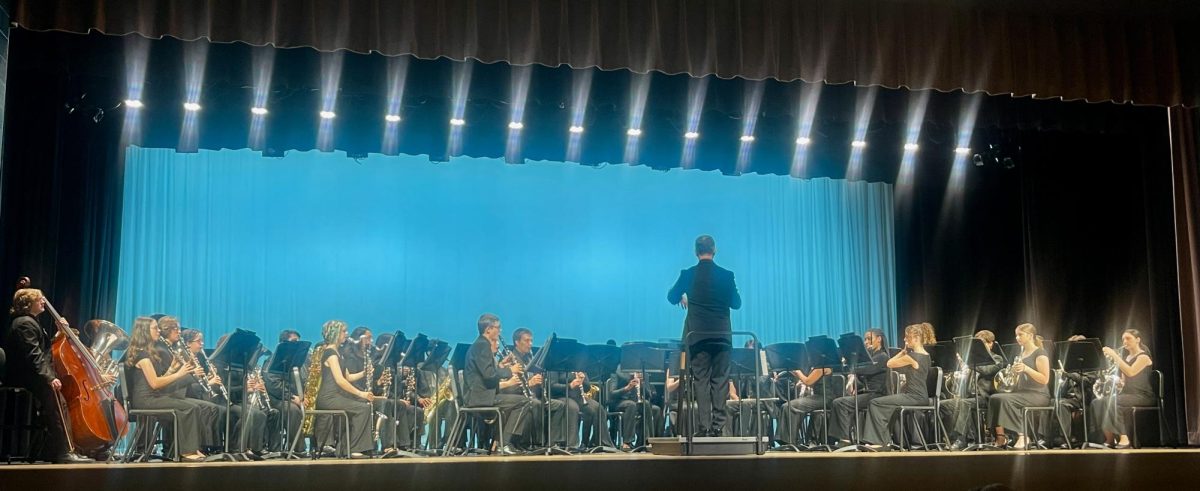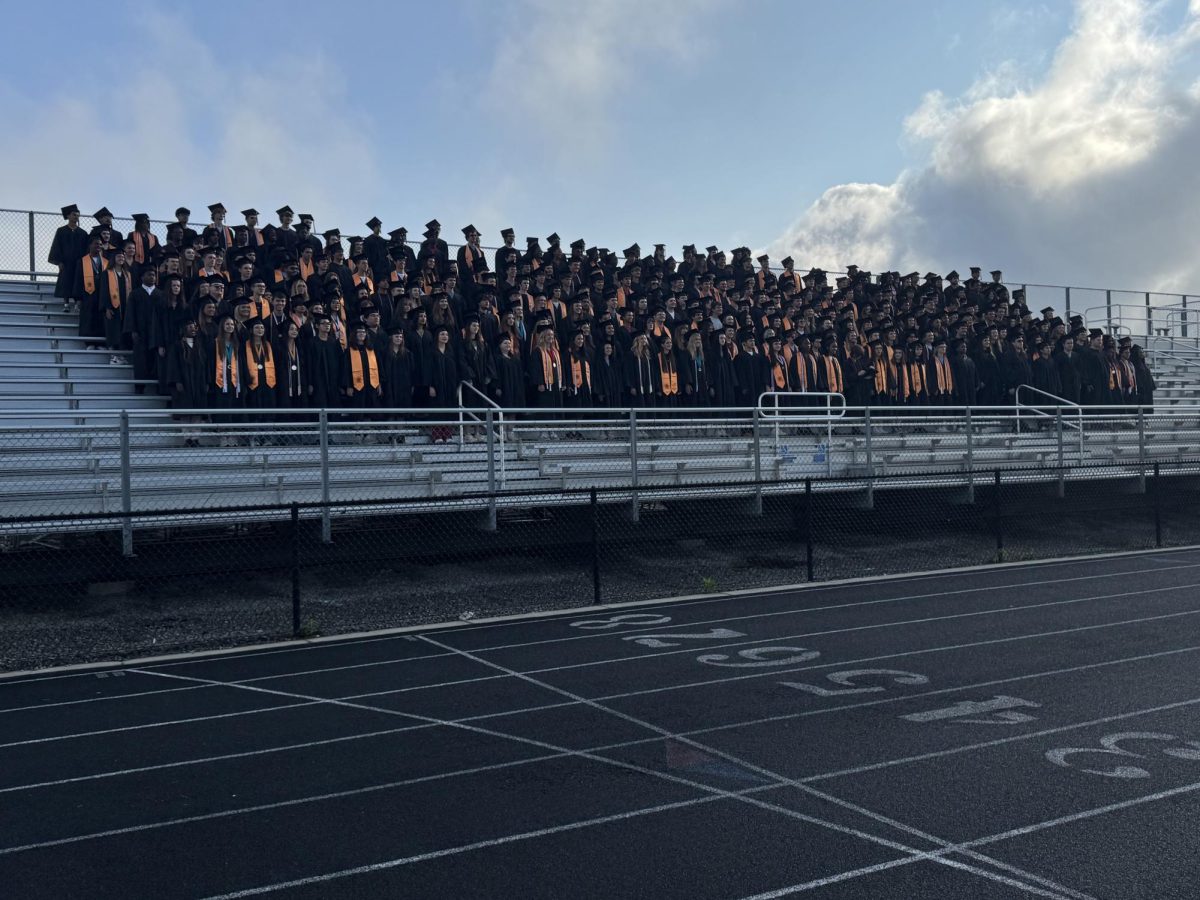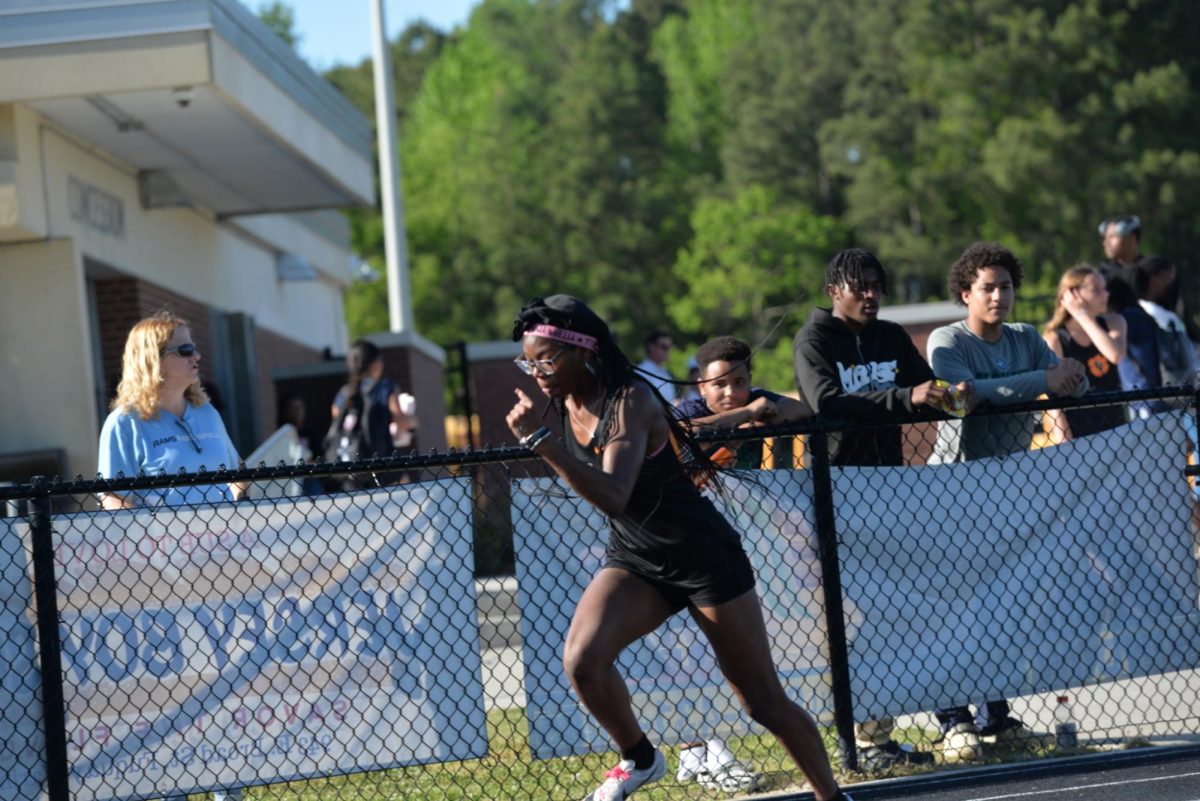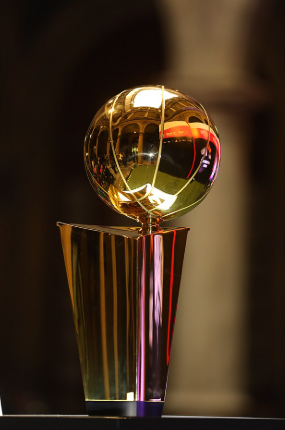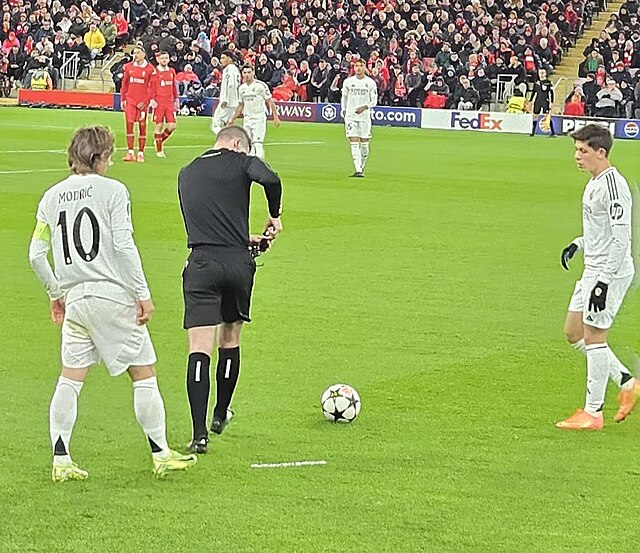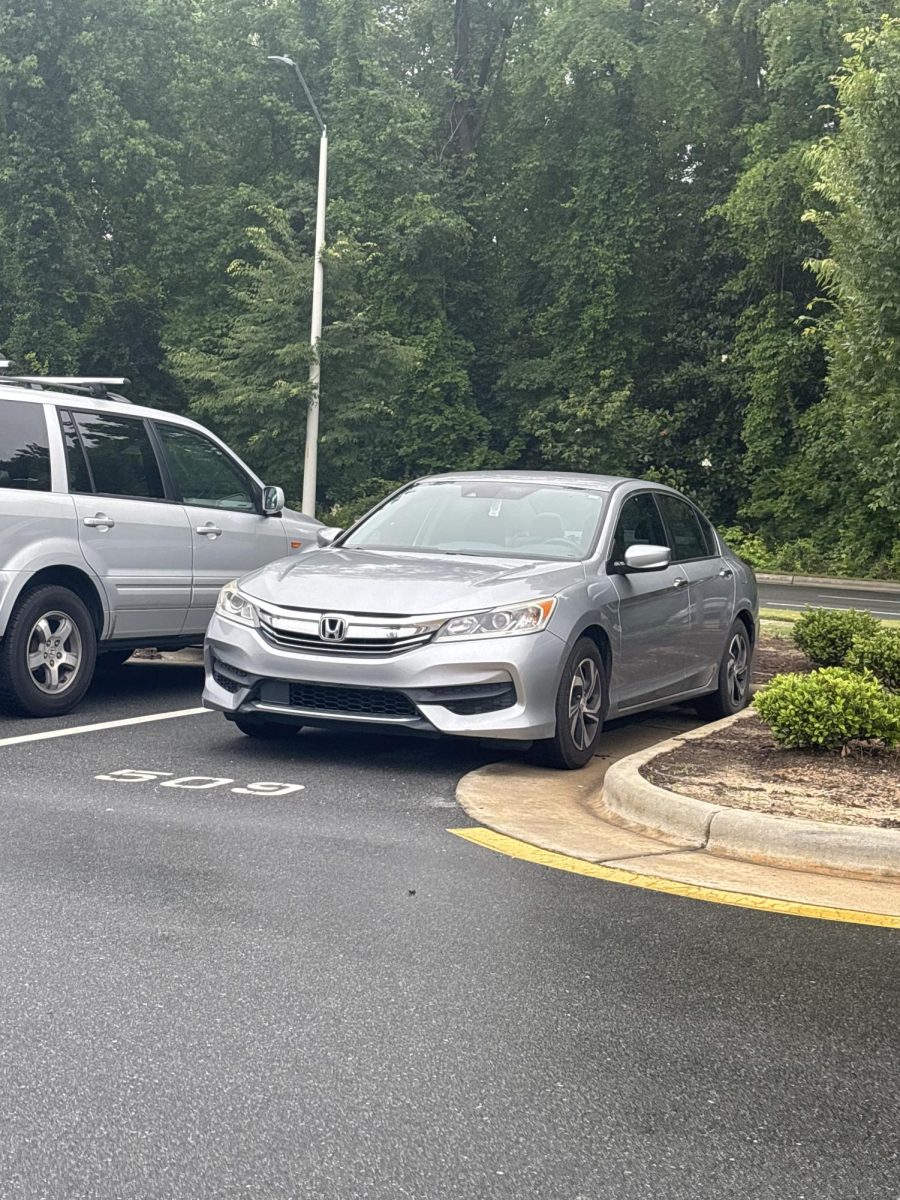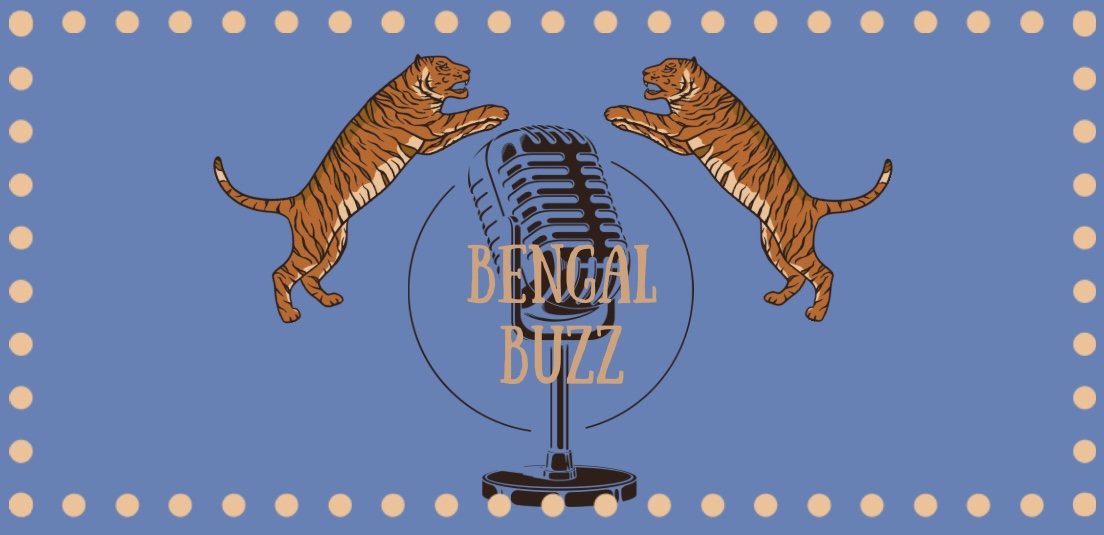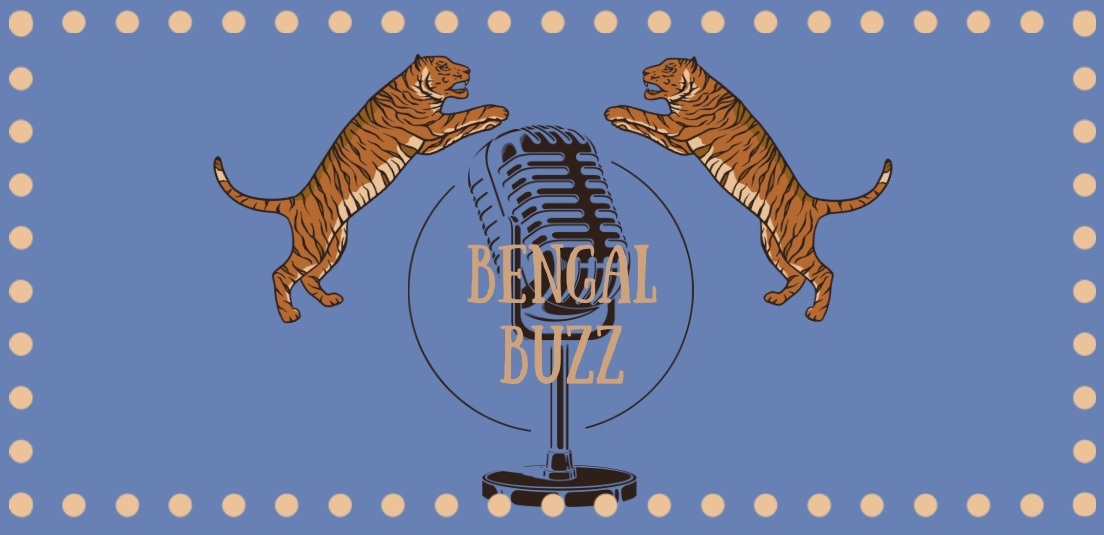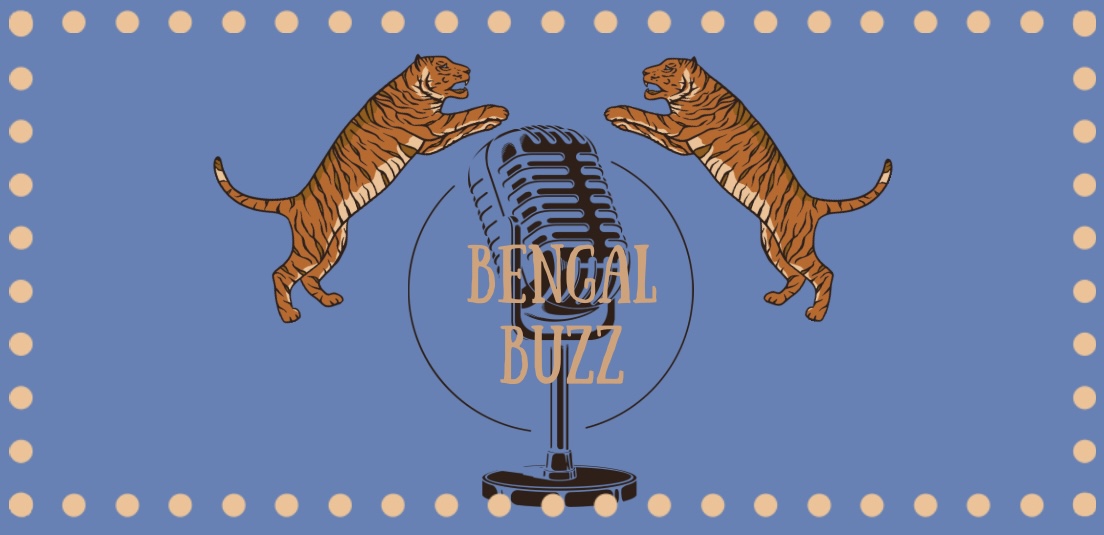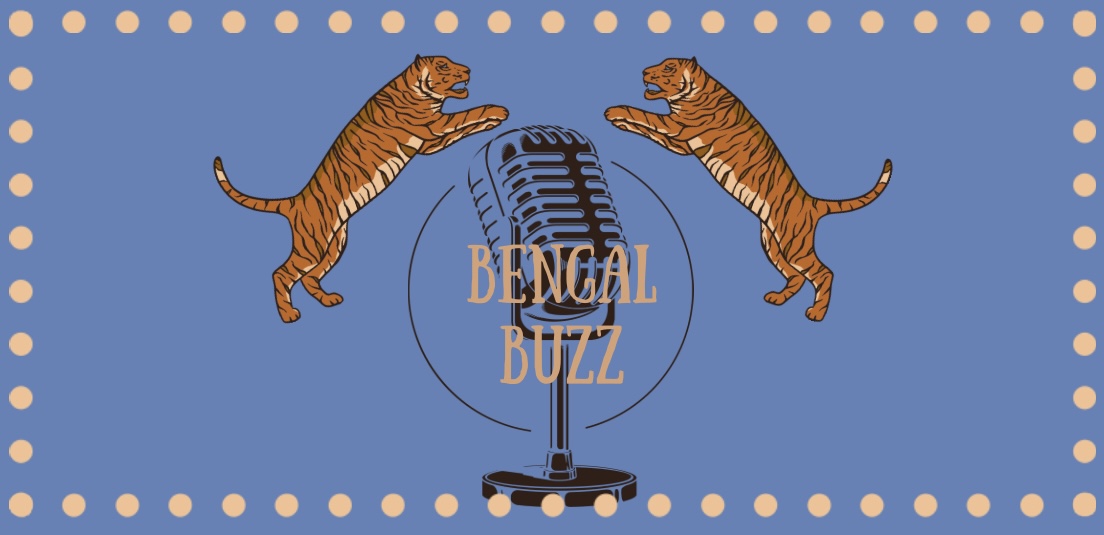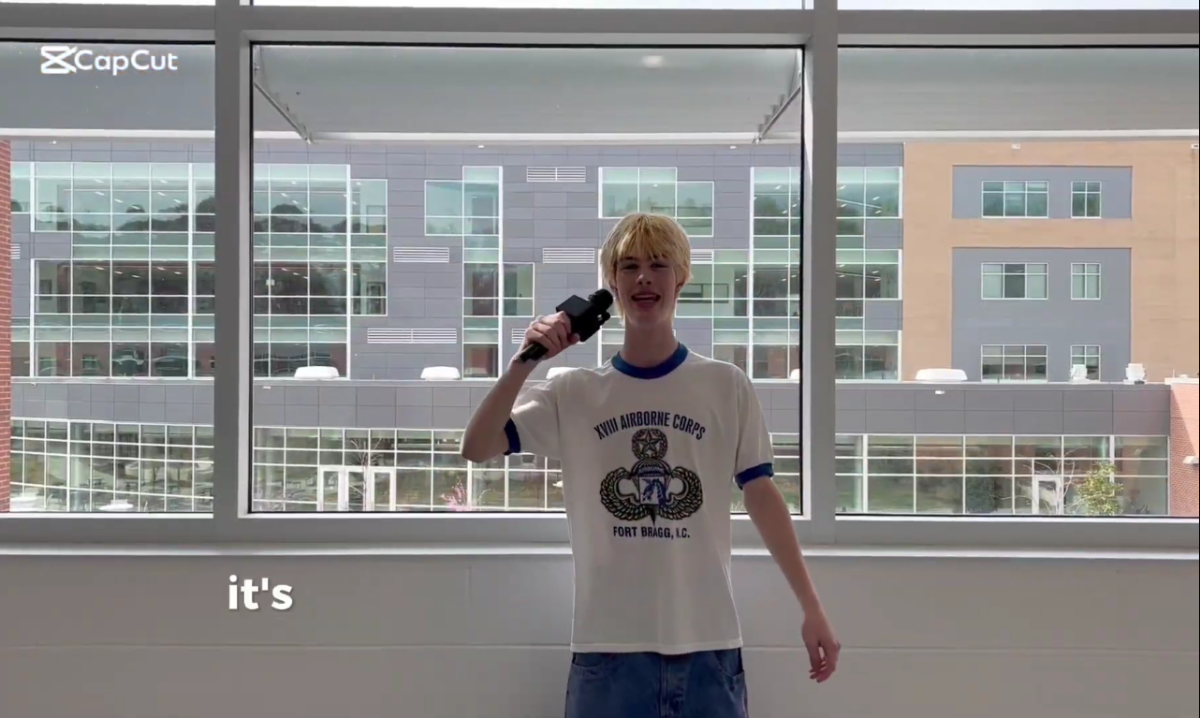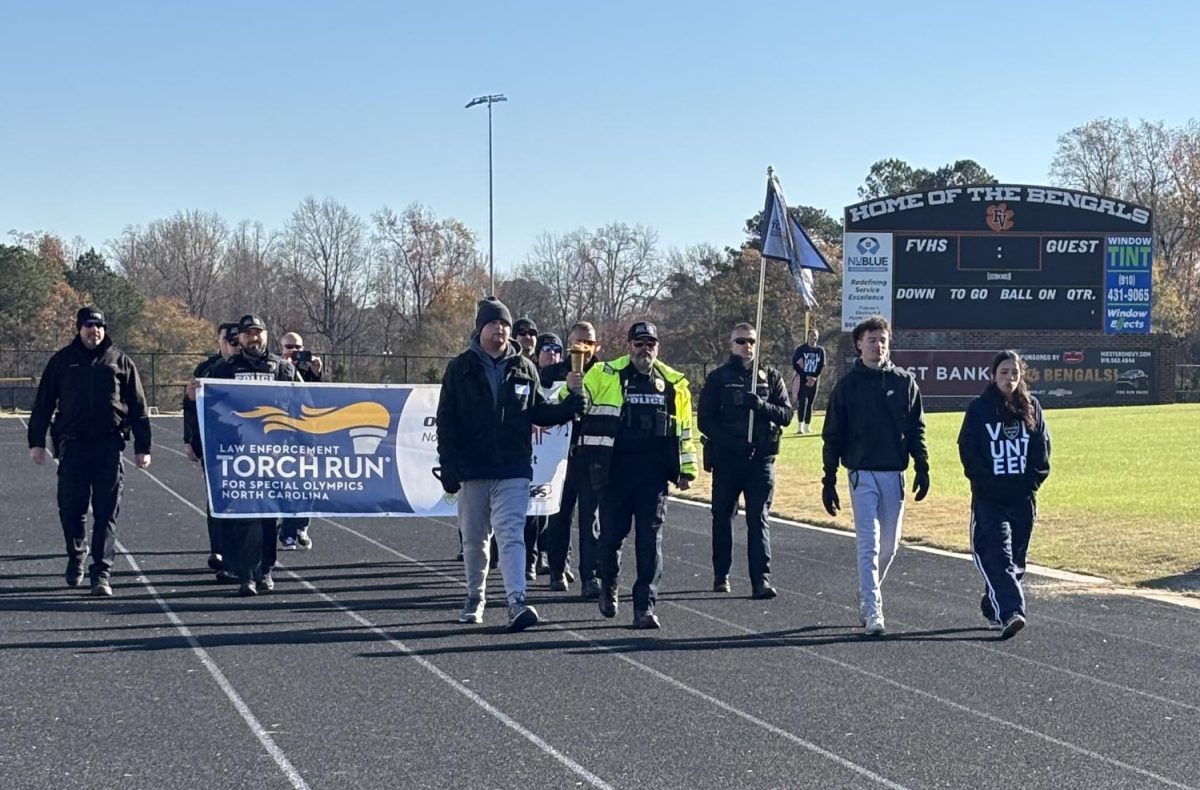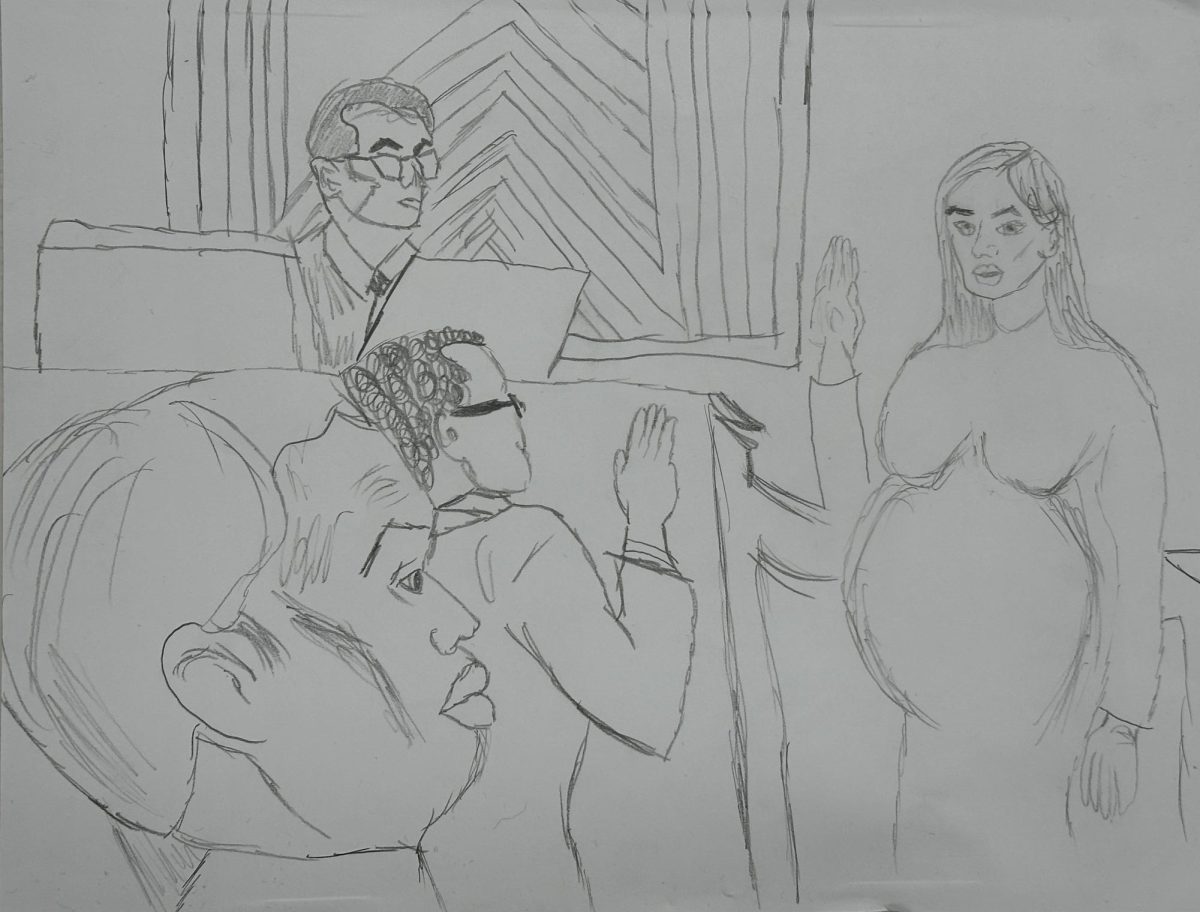The NCAA is on the verge of transforming college athletics. After years of legal battles, the NCAA will permanently allow players to negotiate name, image and likeness deals before enrolling in the school and to receive direct payments from the school. The major changes are aimed to redefine college sports, bringing them closer to professional.
The recent legal settlement between the NCAA and several state attorney generals removes the rule that banned high school and transfer students from negotiating NIL deals before enrolling. The rule previously was deemed to violate the federal antitrust laws, but now it has been issued a temporary injunction.
“The rule prevented athletes from negotiating when their value was highest — during the recruitment process,” said Tennessee’s Attorney General Jonathan Skrmetti. After his statement, other states, including Florida, New York, Virginia, and Washington, D.C., joined the suit. Skrmetti led this lawsuit in order to increase fairness for student athletes.
Schools will be allowed to spend around $20.5 million per year on athlete compensation beginning in the next academic year. This number will gradually increase throughout the years, hoping to grow revenue-generating sports. These changes impact many athletes, especially LSU athlete Olivia Dunne.
“There is a lack of transparency to how the calculations are being made for the estimate of lost NIL opportunities and if the same formula is being applied to all athletes across every sport,” said Olivia Dunne.
This raises a valid concern that resonates with many other student athletes in similar positions. Without clear guidelines, there are concerns that athletes won’t be properly compensated for the opportunities they have lost. Her statement puts pressure on the NCAA to develop a more transparent and equitable system moving forward.
“I think this is a great idea. College athletes are not given what they deserve, especially considering how much colleges make off sports,” said senior Dominic Bianco.
The recent settlement marks a turning point in the evolution of college athletics. By allowing fair compensation and earlier NIL opportunities, the NCAA is moving towards a more fair system for the athletes. As this decision plays out, it will be interesting to see if other changes will be made toward college athletics.


